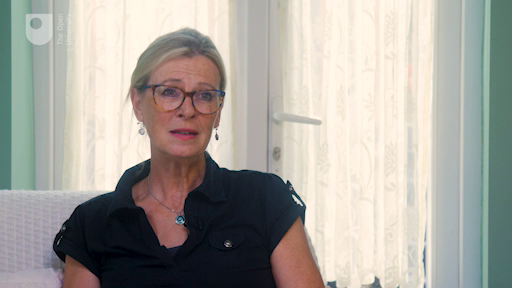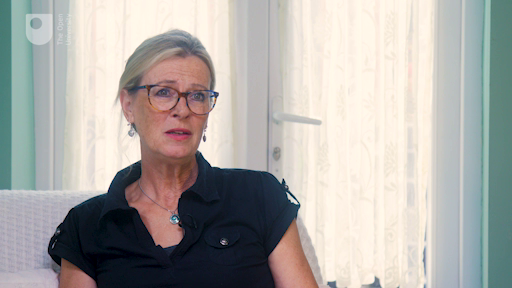6 Trauma-informed schools
The UK government’s green paper ‘Transforming Children and Young People’s Mental Health Provision’ states that:
There is evidence that appropriately-trained and supported staff such as teachers, school nurses, counsellors, and teaching assistants can achieve results comparable to those achieved by trained therapists in delivering a number of interventions addressing mild to moderate mental health problems (such as anxiety, conduct disorder, substance use disorders and post-traumatic stress disorder).
Therefore, a growing body of training for staff is now becoming available to help develop more effective strategies for dealing with various mental health issues in children and young people. Staff are also being encouraged to become more vigilant (on the alert) and proactive (prepared to act) in response to potential triggers and stresses that might lead to mental health problems.
You have already examined many of the issues that affect children’s mental wellbeing throughout the course so far. Can you recall some of these?
You may have thought of the following:
- bullying
- loss, including the death of significant carers, siblings, friends
- parental separation
- physical, emotional and sexual abuse
- neglect
- personal and family illness or disability
- frequent house moves
- living in poverty
- lack of financial stability and resources at home.
Trauma-informed practice means that everybody within an organisation such as a school – from administrators to governors, teachers and parents – can understand, recognise and respond to the effects of all types of trauma.
You might like to look at the following website to see the kind of training that might be involved, and how such training relates back to many of the issues around supporting children’s mental health and wellbeing that have been addressed in this course to date:
Trauma informed schools [Tip: hold Ctrl and click a link to open it in a new tab. (Hide tip)] (make sure to open the link in a new tab/window)
Activity 4 Trauma-informed practice
Watch the two clips of Christine describing her personal journey from teaching in school to counselling children.
As you watch the clips, reflect on what Christine found difficult about the school system, and how perhaps with more effective training in trauma-informed practice as discussed previously in this session, the situations Christine described might be better supported.

Transcript: Video 10

